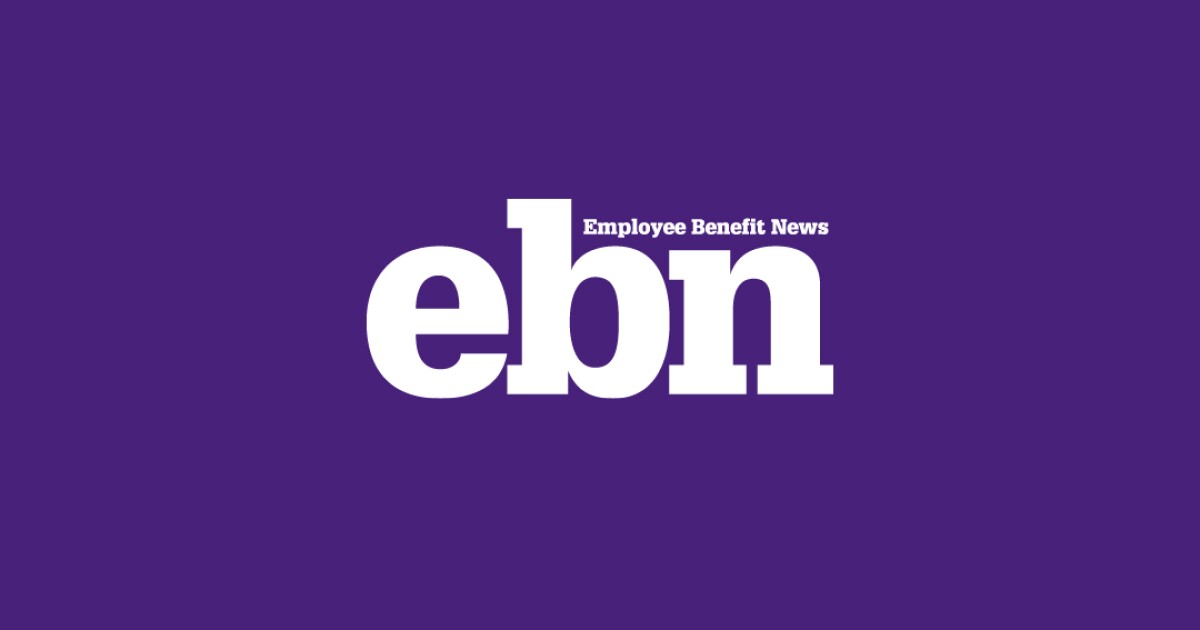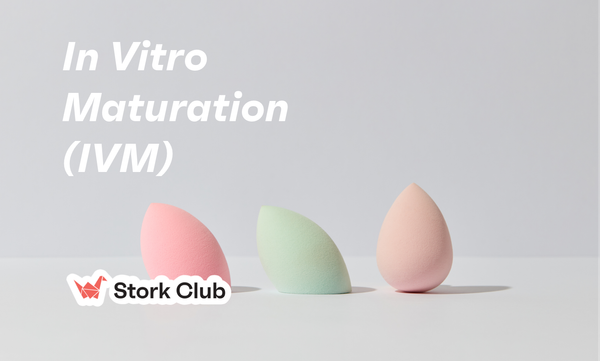The Stork Club Approach
By: Ellen Tilden, PhD, CNM, FACNM, FAAN (she/her) and Jesse Remer CD/BDT(DONA), PCD/PDT(DONA) LCCE, FACCE (she/her)
United States Maternal Health is in Crisis
The most common reason that women between the ages of 20 - 40 receive healthcare is perinatal care (defined as care during pregnancy through the postpartum). Thus, perinatal care is a great opportunity to improve people’s overall health and well-being and a leading cost for both Medicaid and private insurers.
But while United States perinatal care is the most expensive in the world, among all high-resource countries, the United States has the highest rates of severe maternal morbidity and maternal mortality. Further, the number of women who die or experience severe morbidity in giving birth in America has nearly doubled in the last two decades. These concerns affect the health and well-being of the nearly 4 million people who give birth in the US every year as well as their families and communities. 80% of maternal deaths in the United States are preventable by ensuring that women have access to quality, respectful, and equitable care during childbearing.
Health Inequity is a Key Driver of the US Maternal Health Crisis
We also have a maternal health inequity crisis within this broader US maternal health crisis. Though everyone birthing in America is at higher risk for worse outcomes compared to birthing in other high-resource countries, Black and Indigenous people are the most vulnerable to domestic perinatal care system failures.
For example, while a white pregnant woman in the US is 300% more likely to be seriously injured or die than a white pregnant woman in France, a Black pregnant woman in the US is 600% more likely to be seriously injured or die than a white pregnant woman in France. This signals a clear need to identify and implement health system changes that both improve care for all while centering the needs of those who are most vulnerable to poor outcomes
Medicaid is Showing Up. Where is Industry?
Driven by these concerns, a number of Medicaid-focused solutions have evolved. For example, doula care is one perinatal systems innovation strongly associated with improved maternal health outcomes and cost-effectiveness. Doula care has also been shown to improve health outcomes among people of color. What started with state-level policy initiatives to modify Medicaid rules and reimbursement structures to increase doula care access has widely spread to similar policy initiatives on the federal level. Additional Medicaid-focused perinatal health improvement initiatives related to advancing risk-appropriate care and wider integration of midwives into the workforce. Compared to these efforts, there has been relatively less perinatal care innovation within the industry. There is a great need for perinatal care vision and leadership within the private sector and/or the private sector in partnership with maternal health scientists and policy experts. Improving maternal health requires systems change both for the 42% of those whose perinatal care is Medicaid-supported and for the 58% of those whose perinatal care is industry-supported.
Stork Club leads in the industry in improving maternal health
At Stork Club, we partner with leading maternal health clinical and non-clinical providers to offer full guidance and support at all— prenatal, birth, postpartum, and newborn care stages. We believe all birthing persons have the right to access high-performance care with compassionate and skilled providers by their side. Stork Club's maternity care approach is part of an end-to-end family-building support system Stork Club provides as an employer-sponsored program. Future Stork Club efforts will continue to translate the strongest maternal health science into employer health benefits to support maternal health and wellness and advance health equity among employees.
Learn more about Stork Club Birth Doula Care program in the webinar Stork Club hosted together with the Employer Benefits News (EBN).

Join our efforts & schedule a demo to see how Stork Club can be easily implemented for your employees and their families.
Each week Stork Club tackles industry insights on fertility, workplace inclusion & DEI initiatives.
If you’re not a subscriber, here’s what you missed this month:
- How Stork Club Designs its Offerings to be Diversity, Equity, and Inclusion (DEI)- Friendly
- Stork Club fully offsets carbon emissions
- How to close gaps in family-building care for your black employees





